More than two thirds of Timor-Leste’s people live in rural areas and depend on agriculture for a living. Most of these households are engaged in subsistence agriculture, producing and selling very little over what is needed to survive.
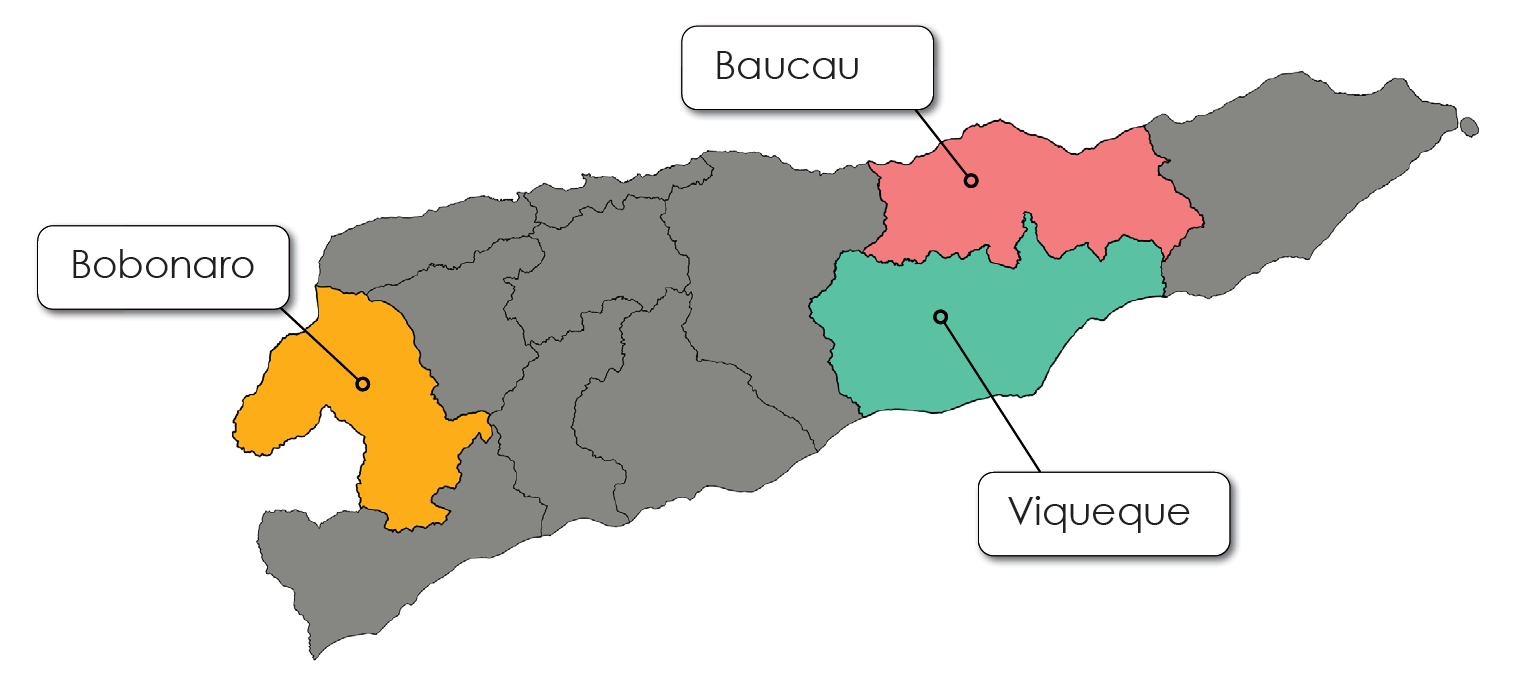
TOMAK (To’os ba Moris Di’ak or Farming for Prosperity) is a 10-year agriculture livelihoods program funded by the Australian Government in Timor-Leste. TOMAK aims to improve food systems in rural communities through sustainable agricultural livelihoods. More than two thirds of Timor-Leste’s people live in rural areas and depend on agriculture for a living. Most of these households are engaged in subsistence agriculture, producing and selling very little over what is needed to survive.
TOMAK is delivered in partnership with the Government of Timor-Leste, NGOs and private sector partners to improve agricultural livelihoods, food security and dietary diversity in targeted rural areas.
TOMAK has commenced Phase 2 (July 2022 – June 2026) and is implemented in an integrating manner to strengthen linkages between food system actors to increase the availability, quantity, and quality of food delivered to customers. At the community level, TOMAK has been establishing Saving and Loan Groups (SLGS) through which training on best agriculture practices – through ‘Farmer Field Schools’ (FFS), agribusiness, household decision making, GEDSI inclusion, and improved nutrition practices (Nutrition-Sensitive-Agriculture (NSA) training) have been taking place.
TOMAK operates in the municipalities of Baucau, Bobonaro, and Viqueque.
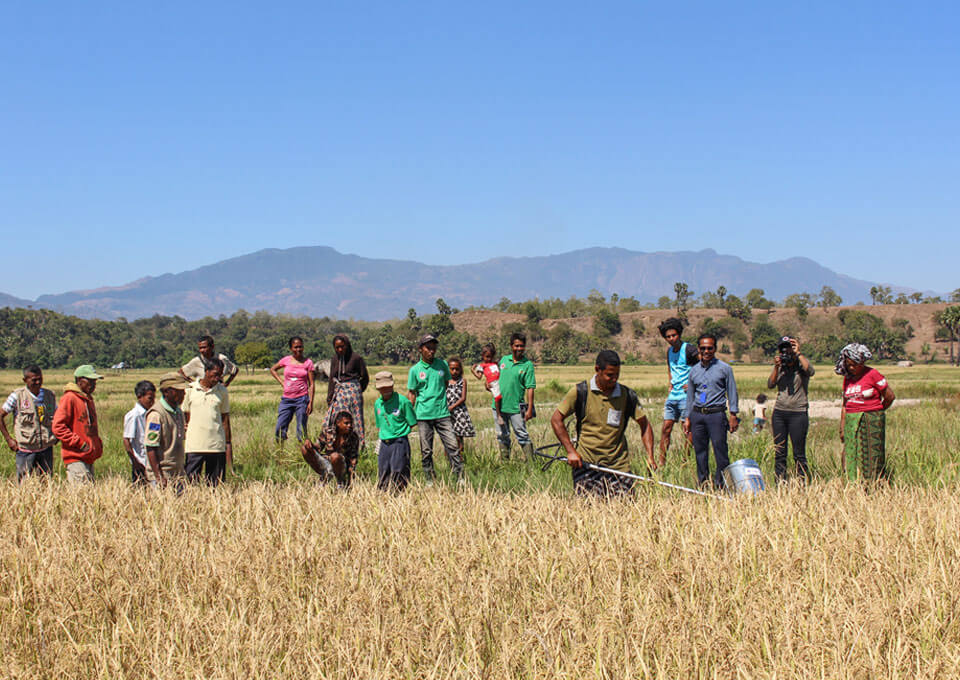
Building on lessons learned from Phase 1 implementation, TOMAK is now delivering an integrated suite of activities to support rural families with developing the tools they need to build resilient agriculture-based livelihoods, engage in economic activities by selling surplus produce, maintain year-round access to nutritious food, and improve household dietary practices.
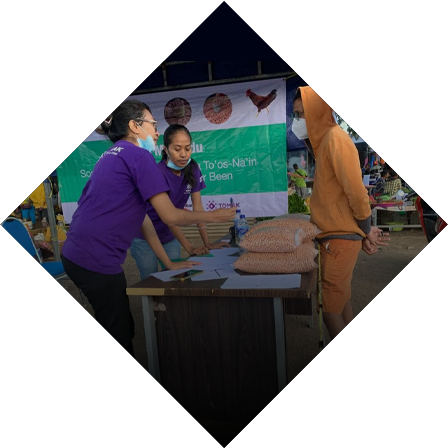
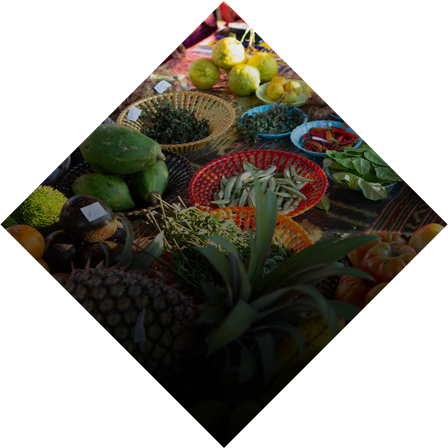
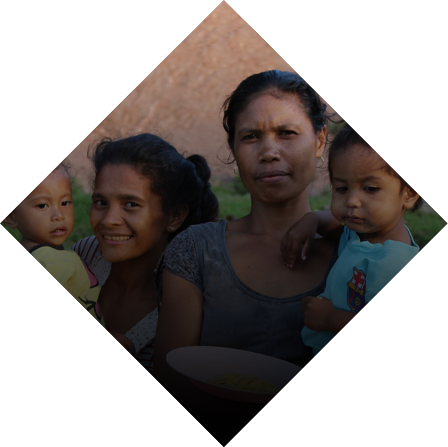
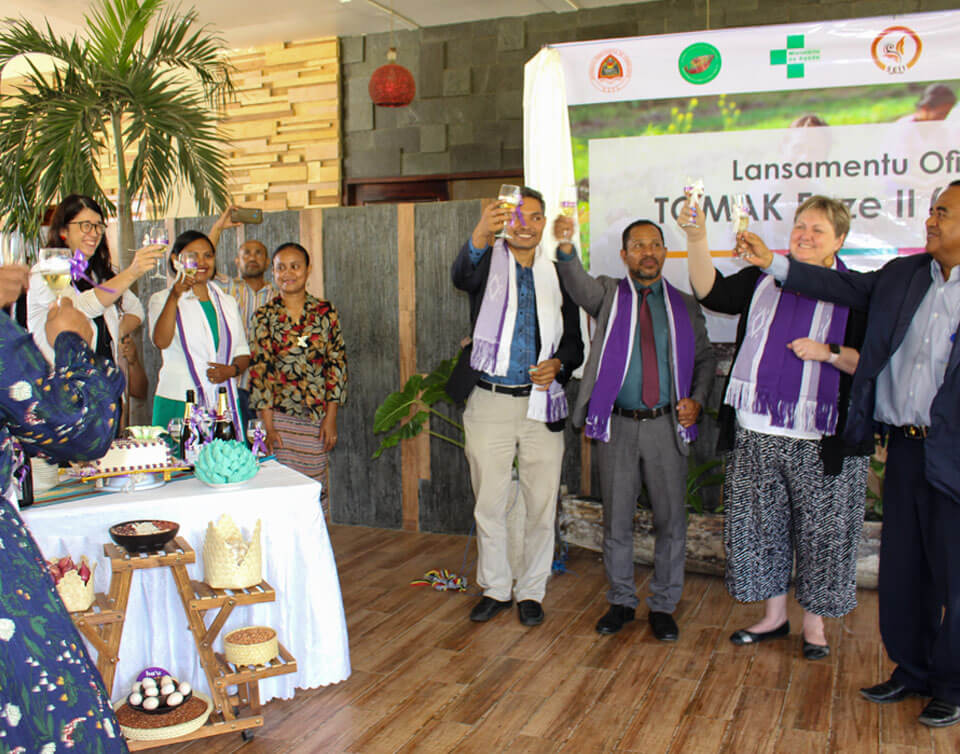
Sustainability is key for long-term change. By working with partners TOMAK is supporting sustainability through knowledge transfer and skill building. As partners increase their capability, they are better positioned to support farmers with growing more nutritious food and accessing wider markets for economic engagement.
Working together to improve food systems has the potential to enhance agricultural livelihoods and bring about long-term and sustainable change.
TOMAK partners include the Ministry of Agriculture, Livestock, Fisheries and Forestry, Ministry of Health, Municipal Authorities: Baucau, Bobonaro, and Viqueque, and Secretary of State for Equality and Inclusion. NGO partners include Ra’es Hadomi Timor Oan (RHTO), Catholic Relief Services (CRS) and Caritas Diocesana de Baucau.